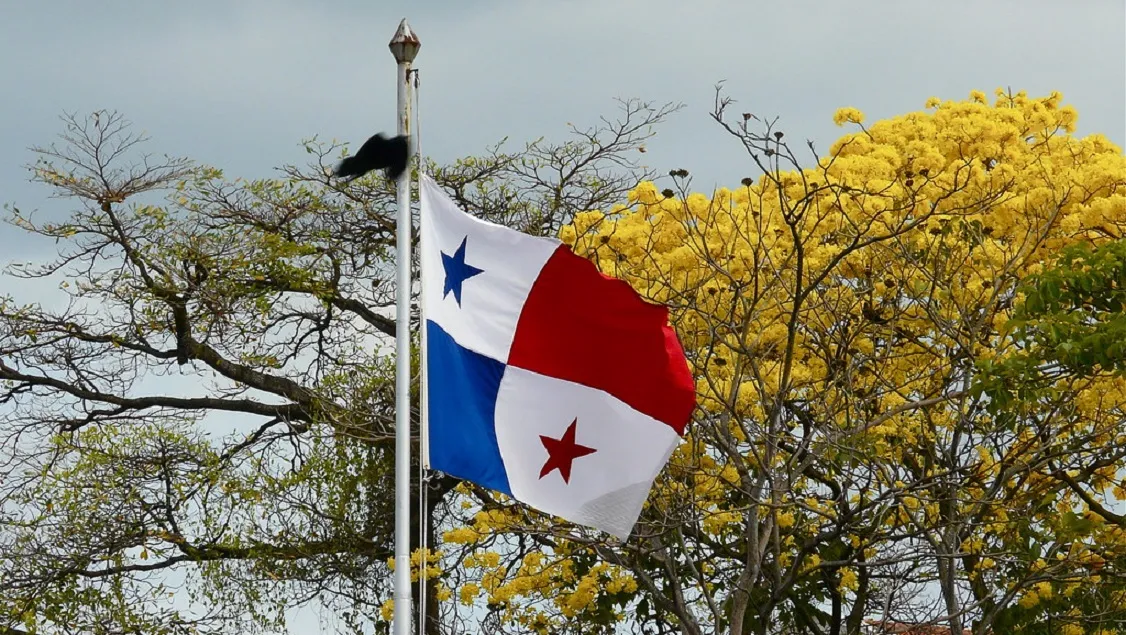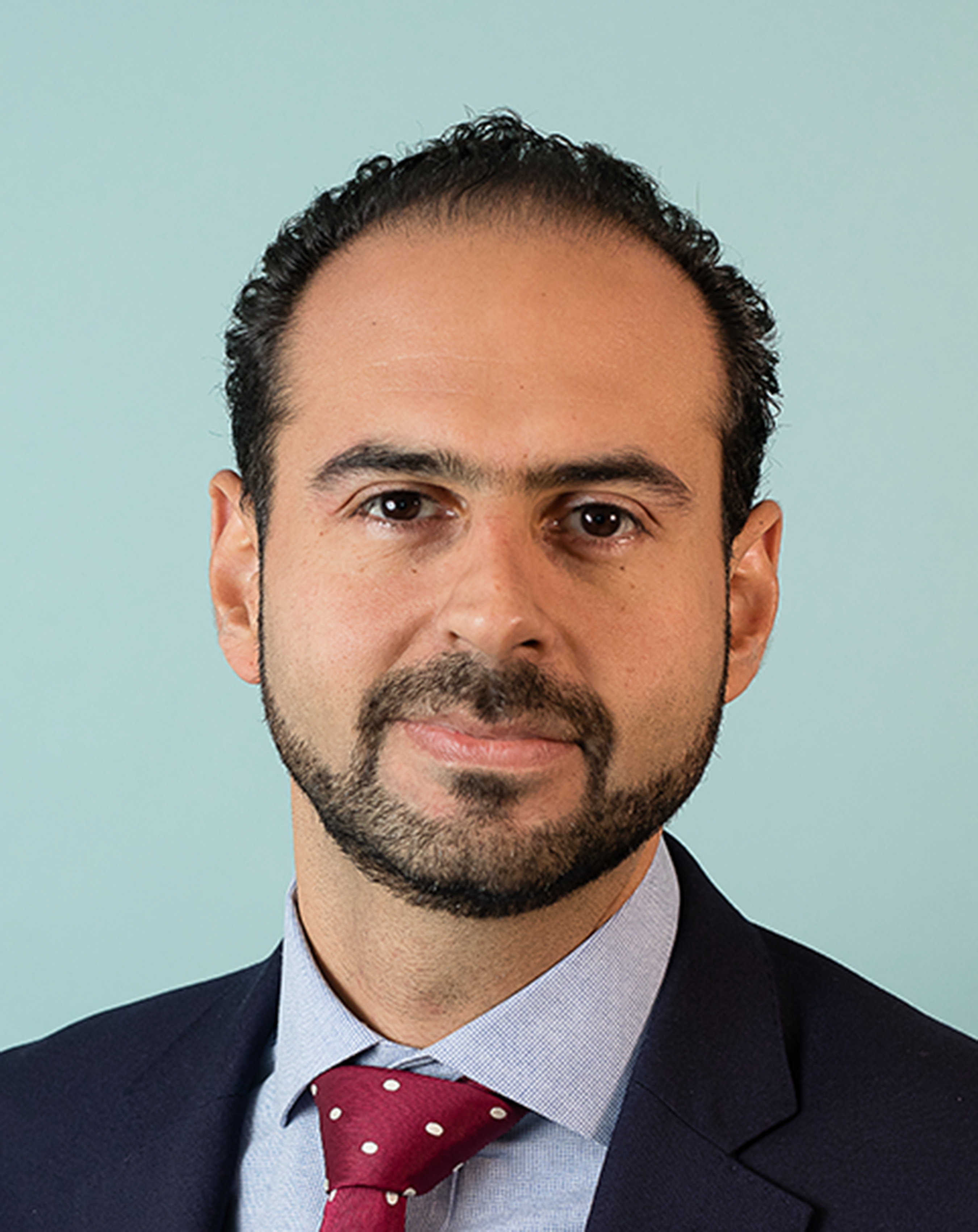
Disclaimer: Views expressed in this commentary are those of the staff member. This commentary is independent of specific national or political interests. Views expressed do not necessarily represent the institutional position of International IDEA, its Board of Advisers or its Council of Member States.
Este comentario está disponible en español.
Panama will have general elections next Sunday, 5 May 2019. Just over 2.7 million Panamanians will head to the polls to cast their ballots and choose a total of 861 positions. This is the first presidential contest that will be carried out with the new legal framework derived from the electoral reform of May 2017 that, among other things, has improved financial controls and equity in political contests.
A total of 861 positions of popular election will be disputed in these elections; the president and vice-president of the Republic will be elected, 71 deputies to the National Assembly, 81 mayors, 20 deputies to the Central American Parliament, 679 district representatives, and 9 councilors. The presidential race will be held between the seven parties registered before the Electoral Tribunal (TE) and some independent candidates. The current head of the executive branch, which will leave office on 1 July, was elected in the 2014 elections, representing the alliance established between the Panameñista Party and the Popular Party.
There are seven candidates who aspire to lead the government of the Central American country: Nito Cortizo, politician and businessman, for the Democratic Revolutionary Party (PRD) and the Nationalist Republican Liberal Movement (MOLIRENA); José Blandón, deputy of the National Assembly on two occasions, by the Panameñista Party and the Popular Party (PP); Rómulo Roux, lawyer and politician, for the Democratic Change Party (CD) and the Alliance Party; Saúl Méndez Rodríguez, union leader, for the Broad Front for Democracy Party (FAD); and as independent candidates: Ana Matilde Gómez, attorney general of the nation, Marco Ameglio, businessman and politician, and Ricardo Lombana, politician and diplomat.
The campaign period lasted two months: from 4 March to 2 May 2019. Four presidential debates were held: two organized by the TE and two as a result of guild initiatives. The first debate convened by the electoral authority was held on 20 February, at the University of Panama and the second on 10 April, at the Chamber of Commerce. The other two debates were held on 13 and 27 March. The four exercises were broadcasted on national television (radio and television) and social media platforms.
According to the last polls, carried out from February to the second week of April (StratMark Consultores, S.A.), Nito Cortizo, of the opposition coalition PRD-MOLIRENA, leads the competition with 48.7 per cent of the intention to vote, followed by Rómulo Roux, of the Democratic Change Party, with 24.4 per cent. If this trend is confirmed with the election results, the unwritten Panamanian rule that the incumbent party normally does not repeat the mandate, will be fulfilled. Among the independent candidates and according to this survey, Ana Matilde Gómez leads this category by registering a 4.4 per cent of the intentions.
This democratic exercise will be the first held under the new rules of the game, derived from the latest amendment to the Electoral Code: Law 29—enacted by the National Assembly on 29 May 2017. In general terms, the law strengthens the transparency and fairness of the electoral processes by establishing several controls to campaigns. Some changes worthy of mention include: a reduction of the campaign period—eliminating the permanent campaign that existed before and reducing it to 45 days before the internal elections and 60 days before the general elections—the establishment of a cap to campaign spending—exceeding the limit can be cause of nullity—; obligation of the candidates to render an income and expenses report, and limits to the hiring of propaganda in the media. Despite the advances that this reform represents, one of the pending issues is the approval of gender norms to increase women's political participation.
Another issue of special importance for the elections will be the use of social media during the campaign period. In response to the implementation of new technologies and the use of social platforms for the dissemination of messages during the electoral processes, the TE promoted the signing of the Digital Ethical Agreement. The goal of the aforementioned agreement is to promote the responsible use of new technologies and ensure equity within the contest. As part of this strategy, the tool #TribunalContigo—available since August 2018—was created, through which citizens can request information, file complaints, inform themselves, and actively participate in the electoral process by using direct messages on Twitter.
The challenges that the country faces in electoral matters will be counteracted by these new measures. According to the Perceptions of Electoral Integrity Index from the Universities of Sydney and Harvard, Panama has a level of "high integrity", with 61 points in total and ranks second among the countries of the subregion. However, of the 11 components that make up the index, "campaign financing" has the lowest rating, evidencing problems in areas such as the transparency of the accounts of political parties, the use of public resources in elections and the lack of equity in donations made to political campaigns. The recent reform will surely have a positive impact in this area.
Panama has 39 electoral districts, from which 13 are multi-member and 26 uninominal. On election day, a total of 2,801 voting centers will be installed; polling will begin at 07:00 on Sunday, close at 16:00 ,and the results of the exit polls will be disclosed at 19:00. The organization, interpretation and application of the electoral law is responsibility of the TE, while the Electoral Prosecutor's Office is the body in charge of applying justice and prosecuting electoral offenses and violations. We wish the Electoral Tribunal a successful endeavor, as its trajectory has shown, and to the Panamanian people a day of civic joy.




